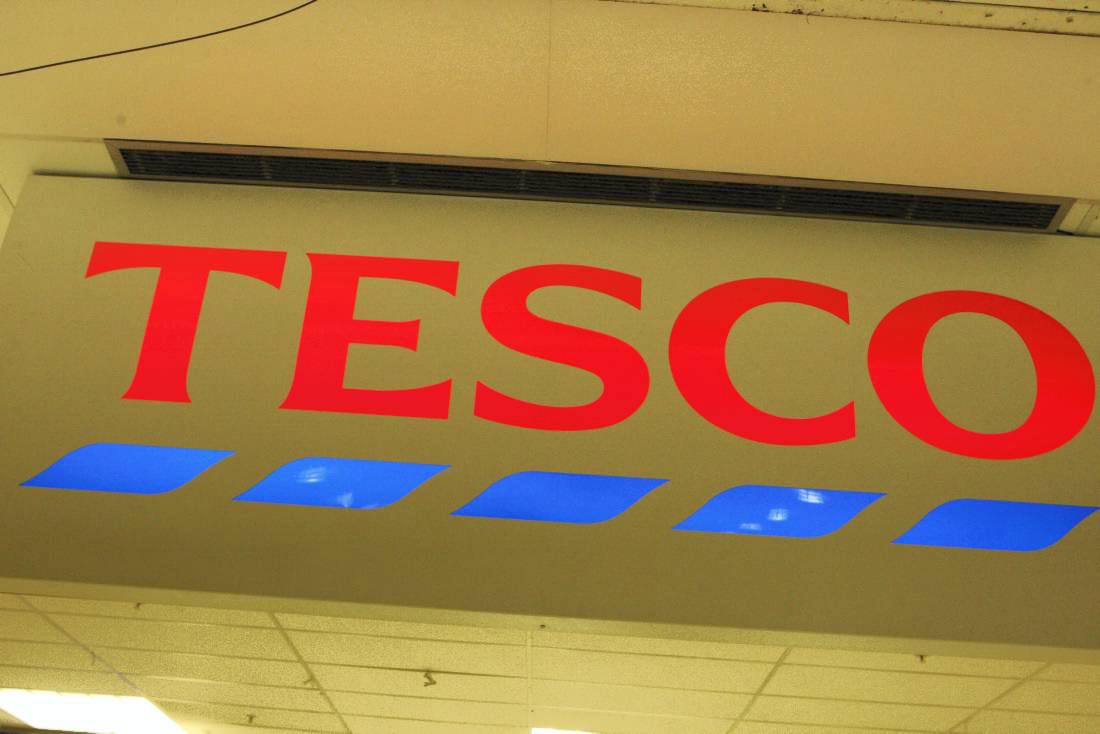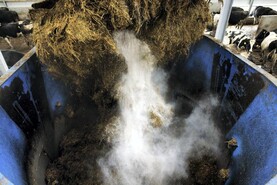Last week, Tesco and Unilever became embroiled in a bitter row after Unilever asked the retailer to increase prices of its products by 10%, which Tesco refused.
The dispute, which lasted for 24 hours, saw Tesco pull many Unilever products from its online store, while Unilever said it would halt supplies to the UK’s largest retailer altogether.
Unilever argued that raw material costs increased sharply as many are priced in US dollars.
With sterling hitting 30-year lows against the dollar, this caused the sharp increase in manufacturing costs.
Ironically, Tesco’s new boss, Dave Lewis left Unilever to turn around the embattled retailer in 2014.
But what does all of this mean for the food industry? The rhetoric from some of the Tesco executives is concerning from an Irish perspective. For example, Tesco’s chief executive warned suppliers that they could not expect customers to foot the bill for the plummeting pound.
Despite slowing down, food deflation has continued since the Brexit vote, with food prices falling by a further 0.3% in September.
The resistance of the supermarkets to rising prices can be seen in comments made by Matt Davies, head of Tesco UK where he said this week: “Everybody should be very, very clear how damaging food inflation is to the economy, to retail businesses and manufacturing businesses and how lethal it could be for millions of people struggling to live from week to week.”
It is perhaps telling the concern the Irish Government has to the unfolding situation that our Minister for Agriculture is this week meeting Sainsbury’s in the UK to reaffirm the importance of maintaining strong trade links with Irish suppliers.
When a company such as Unilever, with 13 brands which have sales of more than €1bn and turnover of more than €53bn, had to use the nuclear option to negotiate a deal, it is quiet worrying.
Unilever, with its strong product range, is an important supplier of Tesco in terms of its brand loyalty and the margin opportunity it generates.
However, for Irish producers who supply meat and vegetables that are used to drive footfall, the negotiating position is much weaker than that of a Unilever.
It may be shortsighted of supermarkets to reject price increases in fear of losing market share, which could put many producers already operating on wafer-thin margins out of business.






 This is a subscriber-only article
This is a subscriber-only article










SHARING OPTIONS: